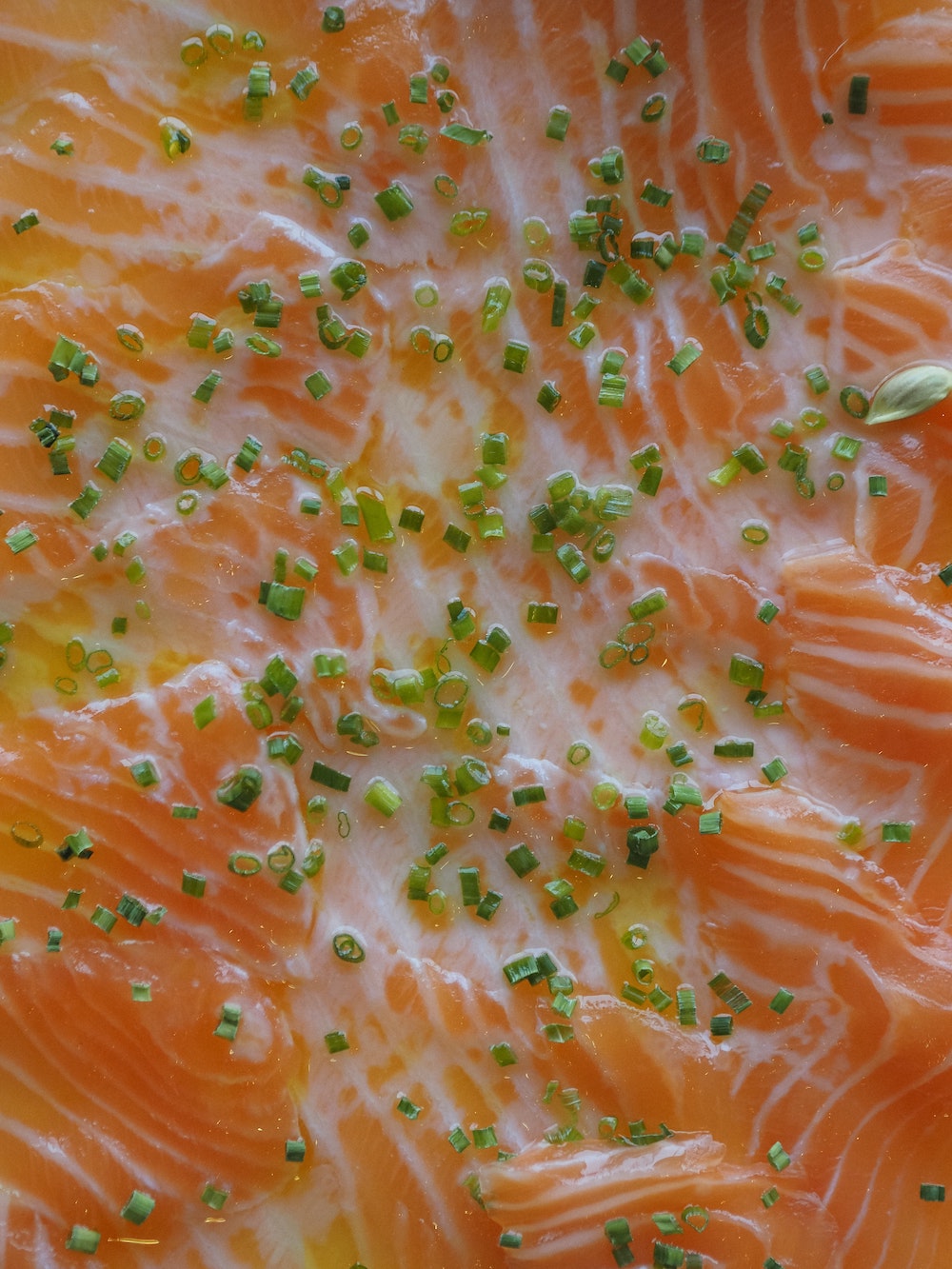Home > Female Body > Menopause and beyond > Protein and Menopause: A partnership


Now, calling protein and Menopause a partnership might sound a little odd, but hear us out. As you go through the extravaganza that is the end of your periods, hormone fluctuations don’t just affect your ovaries. They can also impact the way you metabolize food, and more specifically, sugar. Here’s how.
Insulin is often considered a bad hormone, but in all honesty, it’s amazing! Like a lot of its hormone colleagues, Insulin has many functions. But the main one is opening up your cells to glucose. Without insulin as the key, your cells would never be able to absorb glucose. The problems start when you overproduce insulin long-term. As a result, your cells become less receptive to it.
After a while, these cells can become resistant to insulin’s actions and stop opening up as easily. In essence, the cell’s lock has been worn down and the Insulin key can’t open the cell as well as it once did. As a result, more Insulin is needed to ensure the glucose gets into your cell. This is what we call Insulin resistance.
And that can happen through a diet that’s rich in sugar and processed carbs, but low in essential nutrients. Lack of exercise can also play a part. Higher insulin resistance could lead to higher blood sugar, increasing the risk of type-2 Diabetes or cardiovascular issues
How is any of this relevant to Menopause? Well, Insulin is closely tied to our old friend Estrogen. And like Insulin, Estrogen has many far-reaching benefits throughout the body — one of which is supporting Insulin while it does its job. But, as Estrogen slowly declines during Menopause, Insulin may not work as efficiently as it once did. And as a result, resistance is more likely to occur.
As Insulin also determines how your body stores fat, resistance can often be the reason why you’re more likely to see weight gain, or weight loss difficulties, during Menopause.
Improving Insulin resistance can help make maintaining a healthy weight feel effortless. It’s also great at helping to stabilize your energy levels, as well as supporting almost every system in your body. Keeping blood sugar levels stable is the very first step to doing that.
But did you know that spikes in blood sugar, as a result of eating refined carbohydrates and sugars, stress, or poor sleep, can all lead to the overproduction of insulin? That’s partly why reducing refined sugar and ensuring that your meals contain a healthy balance of nutrients, on top of stress reduction, is key.
Now, as you may or may not be aware, your body composition can also impact the way Insulin works. The more muscle mass you have, the more glucose you’ll uptake and thus, the more sensitive your cells are to Insulin. The thing is, muscle mass starts to decline as you age. So if you’re working on increasing insulin sensitivity, then building muscle, as well as preventing muscle decline, is a great place to start.
But if you’re doing that, then there are two very important components that can make all the difference to your Insulin sensitivity, both during and Postmenopause. And they are: Adding weight training to your workouts, and making sure you’re getting enough protein.
Although, weightlifting and protein shakes are often seen as men’s territory, that couldn’t be further from the truth. Increasing your protein intake and lifting weights are two of the most effective things you can do to stabilize your blood sugar as you transition through Menopause. What’s more, protein supports feeling full, which in turn can support weight loss.
So, if you’re adding protein to your diet during Menopause, aim for 100g of protein in total every day, to begin with. If, though, you’ve incorporated weight training into your workouts, ideally three times a week, slowly increase that amount until you’re consuming 1g of protein per pound of body weight every day.
Here’s an easy-to-follow formula for working out how much protein to add to each meal. Include one source of animal protein and two sources of plant-based protein in each meal. So you’re looking at about 30g of each on the plate, initially. For example, if salmon is your animal protein, try adding a side of quinoa and chickpeas.
For those who opt for a plant-based diet, simply swap the animal protein for those with higher bioavailability. Think organic tofu, tempeh, hemp seeds, edamame beans, and a high-quality protein powder.
There are so much going on during Menopause that protein consumption is likely to be low on your list of priorities. But loss of muscle mass and the resulting threat of increased Insulin resistance, among other things, means Protein should be much higher on all our lists as we get older.
And strength training, weight lifting, and even yoga can all help decrease muscle loss, while improving your overall fitness. If combining the two means you can combat some of those Menopause nightmares, then we’ll see you at the gym… And we’ll have the quinoa.
Disclaimer: This website does not provide medical advice. The information, including but not limited to, text, graphics, images and other material contained on this website is for informational purposes only. No material on this site is intended to be a substitute for professional medical advice, diagnosis, or treatment. Always seek the advice of your physician or other qualified healthcare provider with any questions you may have regarding a medical condition or treatment, and before undertaking a new healthcare regimen, and never disregard professional medical advice or delay in seeking it because of something you have read on this website.

-


Dr Singh is the Medical Director of the Indiana Sleep Center. His research and clinical practice focuses on the myriad of sleep.

What does spotting before your period look like? Spotting is a few drops of blood on your underwear that are not enough to soak a pad. It’s typically brown, light pink, or red and may only be noticeable on a

Postpartum hormonal changes: What are they? Postpartum hormonal changes occur when your body experiences shifting hormone levels after birth. After your baby is born, the doctor removes the afterbirth or placenta, which sends signals to your body that you’re no

What is ovulation fatigue? As women, we can get numerous symptoms throughout our menstrual cycles. One question we’re asked is, “Why do you get tired during ovulation?” For some, the answer could be ovulation fatigue. Ovulation fatigue is when you
Hormona© 2025, All Rights Reserved
| Cookie | Duration | Description |
|---|---|---|
| cookielawinfo-checkbox-analytics | 11 months | This cookie is set by GDPR Cookie Consent plugin. The cookie is used to store the user consent for the cookies in the category "Analytics". |
| cookielawinfo-checkbox-functional | 11 months | The cookie is set by GDPR cookie consent to record the user consent for the cookies in the category "Functional". |
| cookielawinfo-checkbox-necessary | 11 months | This cookie is set by GDPR Cookie Consent plugin. The cookies is used to store the user consent for the cookies in the category "Necessary". |
| cookielawinfo-checkbox-others | 11 months | This cookie is set by GDPR Cookie Consent plugin. The cookie is used to store the user consent for the cookies in the category "Other. |
| cookielawinfo-checkbox-performance | 11 months | This cookie is set by GDPR Cookie Consent plugin. The cookie is used to store the user consent for the cookies in the category "Performance". |
| viewed_cookie_policy | 11 months | The cookie is set by the GDPR Cookie Consent plugin and is used to store whether or not user has consented to the use of cookies. It does not store any personal data. |
